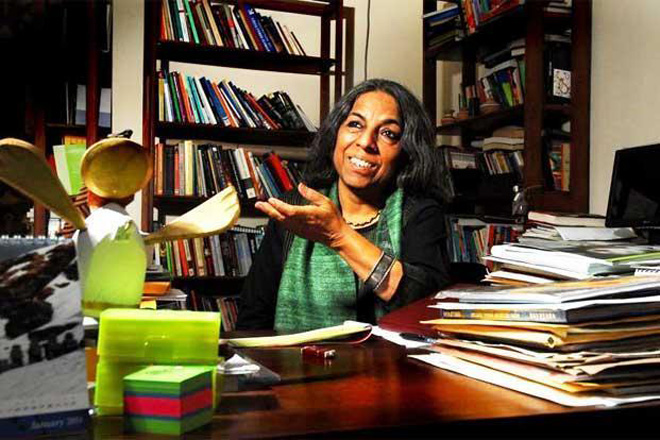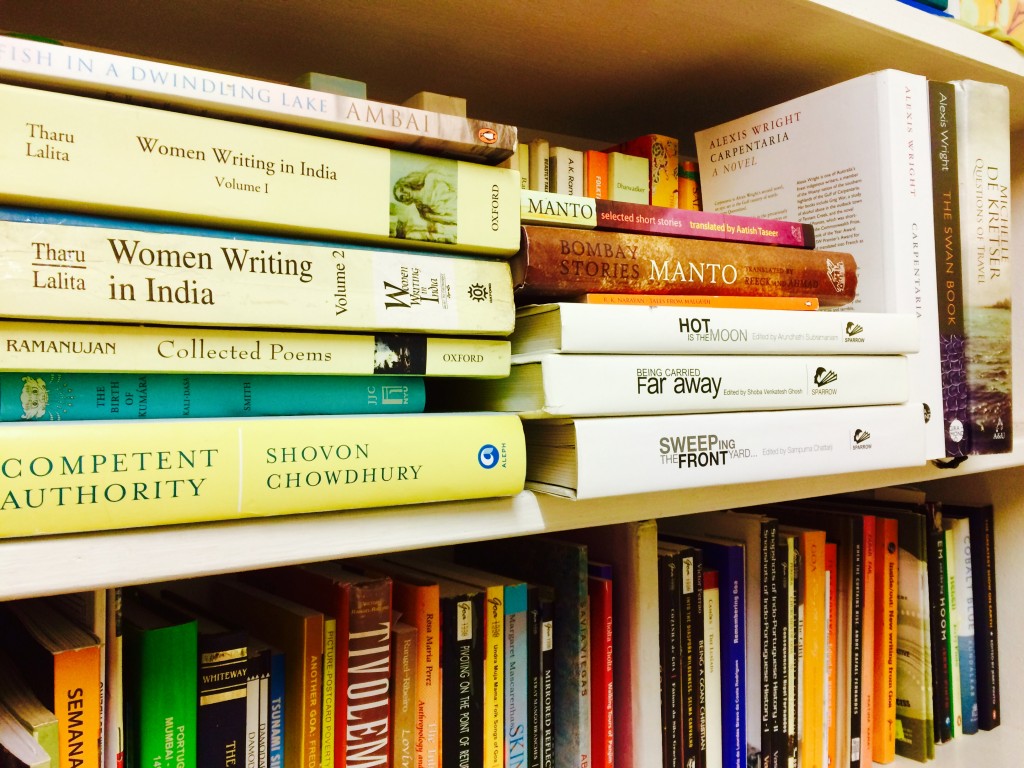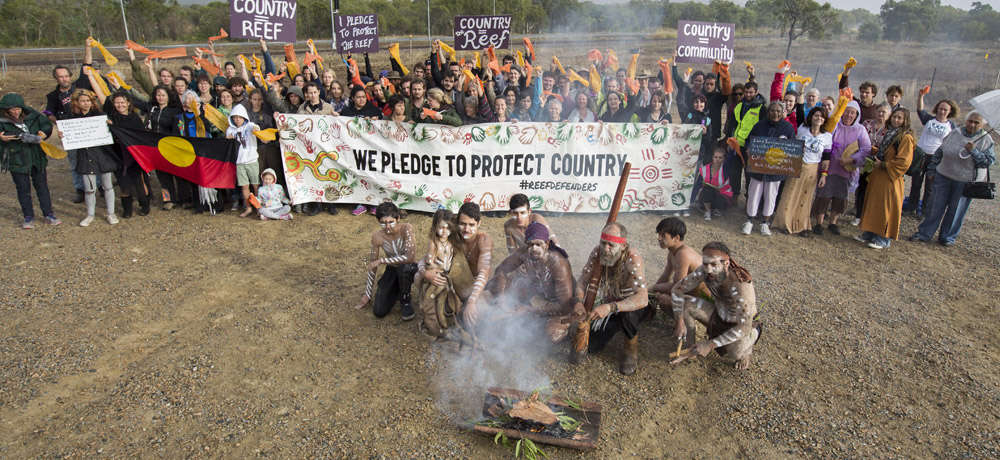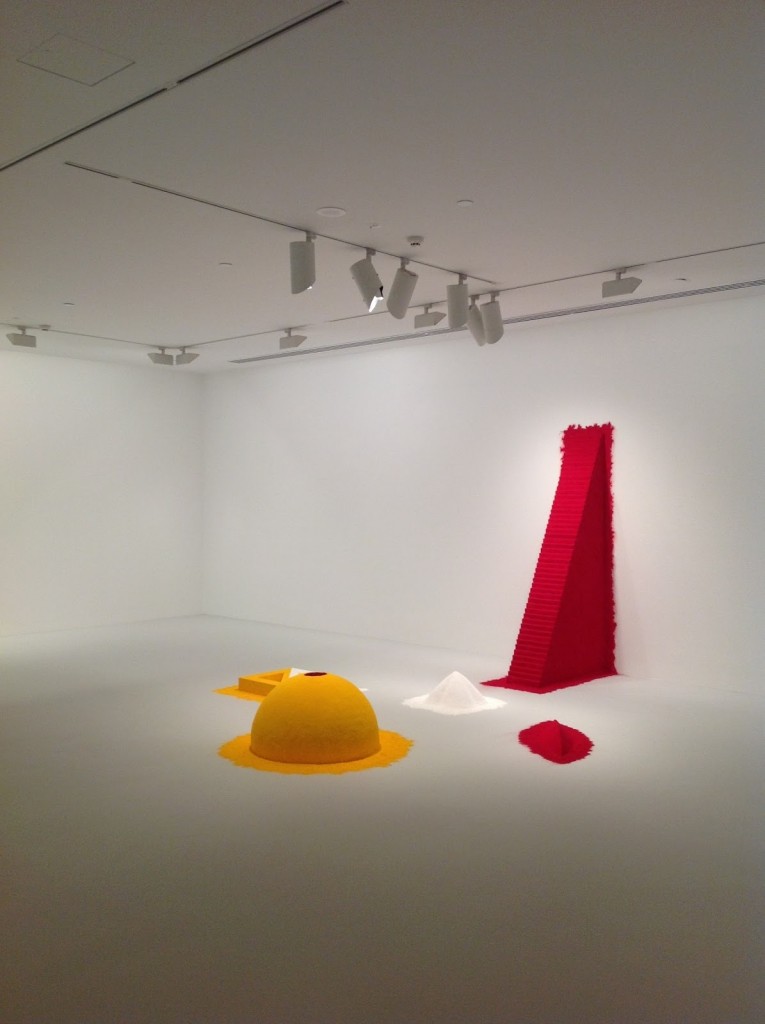When I saw Hindi cinema actor Anupam Kher play a jeweler in Hong Kong in the critically acclaimed Ang Lee film Lust, Caution (2007), my interest was piqued. It made sense, I thought, given the British colonial connection. However, I had read or heard little about the Indian diaspora there, especially compared with its presence in neighbouring South-east Asian nations such as Malaysia and Singapore.
During my recent trip to the island for the Hong Kong Film Festival, I stayed in Tsim Sha Tsui, a district with a high concentration of businessmen and traders of South Asian origin. This in itself in not surprising, and I have previously encountered ‘ethnic enclaves’ during many a visit to ‘multicultural’ cities of the Global North, such as London, Paris and Toronto. What I was unprepared to see or experience, though, was the racial hierarchy that South Asians seem to deal with despite being long-term residents of Hong Kong.
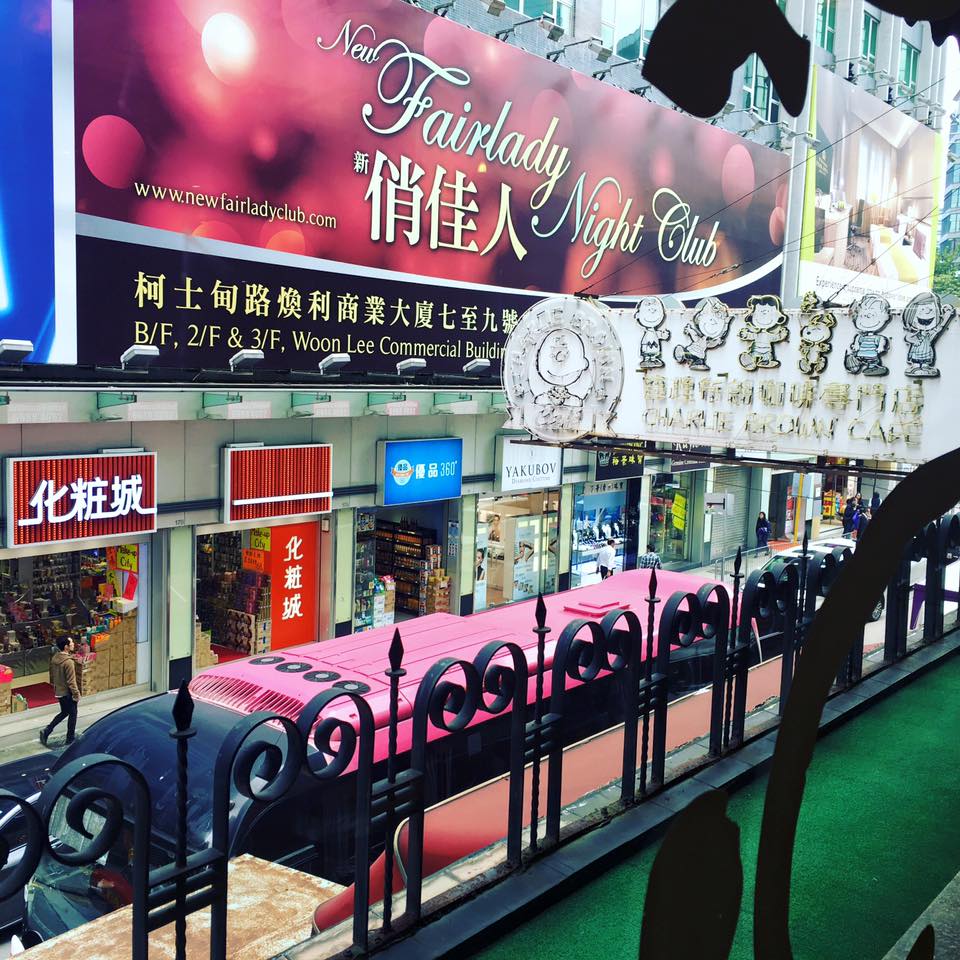
It also so happens that my Hong Kong-based friend and colleague, Lisa Leung, has written a book with John Erni on the history and contemporary conditions of South Asian minorities on the isle. According to them, it took a decade of campaigning before Hong Kong’s first anti-discrimination legislation, known as the Race Discrimination Ordinance (RDO), was passed in 2008. Given this is a recent legislation, perhaps it is not surprising that there are many more battles to be won in the spheres of education, employment, social well-being, and everyday conviviality.
Almost two weeks after my visit, I am still swinging between outrage and intellectual curiosity with regards to how non-Chinese minorities (constituting six per cent of the population) in general are treated in Hong Kong. This is not because I was the subject of any personal slights, or faced any overt discrimination in the course of my social and economic exchanges as a tourist. Yet, as I walked down Nathan Road and passed South Asian tailors and their sales reps beckoning Anglo tourists, my intersectionality axis was going for a bit of a spin. I wondered why the brown man had to dress in an impeccable suit to look respectable, while the white male traveller could traverse the streets of a rather fashionable class-conscious society in thongs and shorts. Of course it helps to dress well when you own a tailoring business, but pre-determined assumptions about class and race were getting entangled here before a conversation had even begun. Perhaps Macaulay, famous for his ‘Minute Upon Indian Education’ that was responsible for the introduction of the English language and curriculum in British India, would be slyly smiling in his grave at the sight of such postcolonial mimicry.
On a closer examination though, this is more than mere mimicry. Several generations of South Asians in Hong Kong have been engaged in the same businesses as their forefathers, and this varies from the employment patterns of Indian and South Asian diasporic groups in comparable countries (including Australia). Leung and Erni’s research shows that ethnic businesses in Hong Kong have come to reflect a minoritization of ethnic minorities from the mainstream. At the same time, at the height of the city’s ‘umbrella revolution’ in 2014, some coverage suggested that Hong Kong’s ethnic minority youth also took to the streets in the name of democracy. However, segregation in schools on the basis of ethno-linguistic origin continues, and impacts not only future economic opportunities, but also feelings of belonging.
As I have a chat with my AirBnB host, also a descendant of Indian migrants on the last day of my visit, I am struck by how much he is in awe of Australia. He recalls his days as a hospitality student in the Blue Mountains with such wistfulness that it momentarily makes me forget our own problems with racialization of Indigenous and migrant communities. His reverie is nonetheless useful in helping me think about the contextualised meanings of non-whiteness.
While whiteness may have becomes a universal signifier of sorts, especially when travelling in the Global South, can we say the same about brownness, blackness, or even yellowness? In my case, especially when travelling on my own, questions about my ethnicity and how it is perceived vary greatly and often depend on the dominant culture’s discourse. While this discourse may be inflected by whiteness and/or colonial hierarchies, as is the case in Hong Kong, it is also a locally-bred phenomenon. Given this, we need to find a language to critique the racism of any dominant culture without subjecting the members of that culture who happen to be minorities in other contexts to the same racialised discourse. This would entail developing a practice-based understanding of intersectionality that universalizes and particularizes experiences and identities with care.
We may be inevitably South Asian by descent, but this should not be a barrier to belonging in an affective and political sense to other places where we live, study, work, and socialize. In other words, we can be more by consent, and this is a right sometimes implicitly withheld.





















